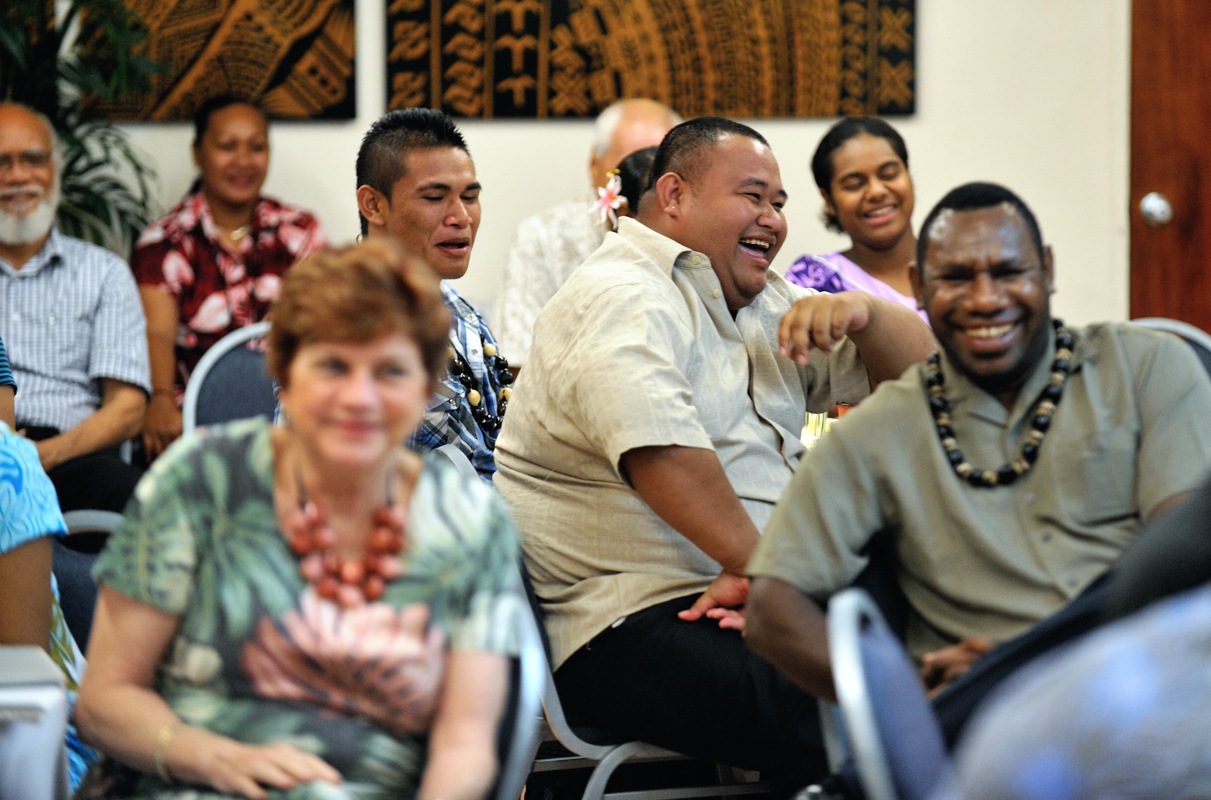News release
From:
Aotearoa/New Zealand is a wealthy nation but there is widening gap between population groups. Māori and Pacific people are among the most economically disadvantaged with some of the worst health outcomes in the country. Socio-economic disadvantage is largely responsible for poor health outcomes among Māori and Pacific people. Cold, damp and overcrowded houses is a major factor especially among Pacific families. Ethnic inequities in health are avoidable, unfair and unjust differences in health outcomes. There has been little improvement in health inequities in Aotearoa New Zealand despite several policy statements seeking a reduction in health inequities. Māori and Pacific people continue to be the most adversely affected. This is unacceptable. The Pae Ora legislation has specified the need to act effectively to reduce ethnic inequities in health. The health reforms supported by the Pae Ora legislation are a golden opportunity to empower Māori and Pacific communities and support health care providers to act decisively to reduce ethnic inequities in health.



 New Zealand; Pacific
New Zealand; Pacific


